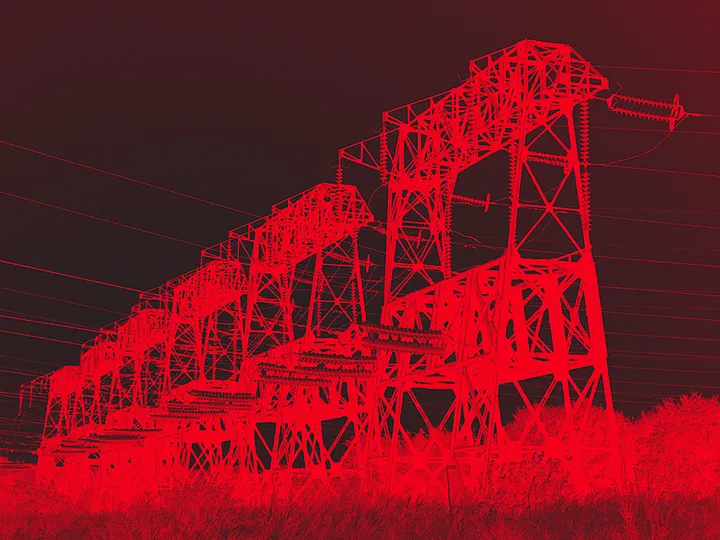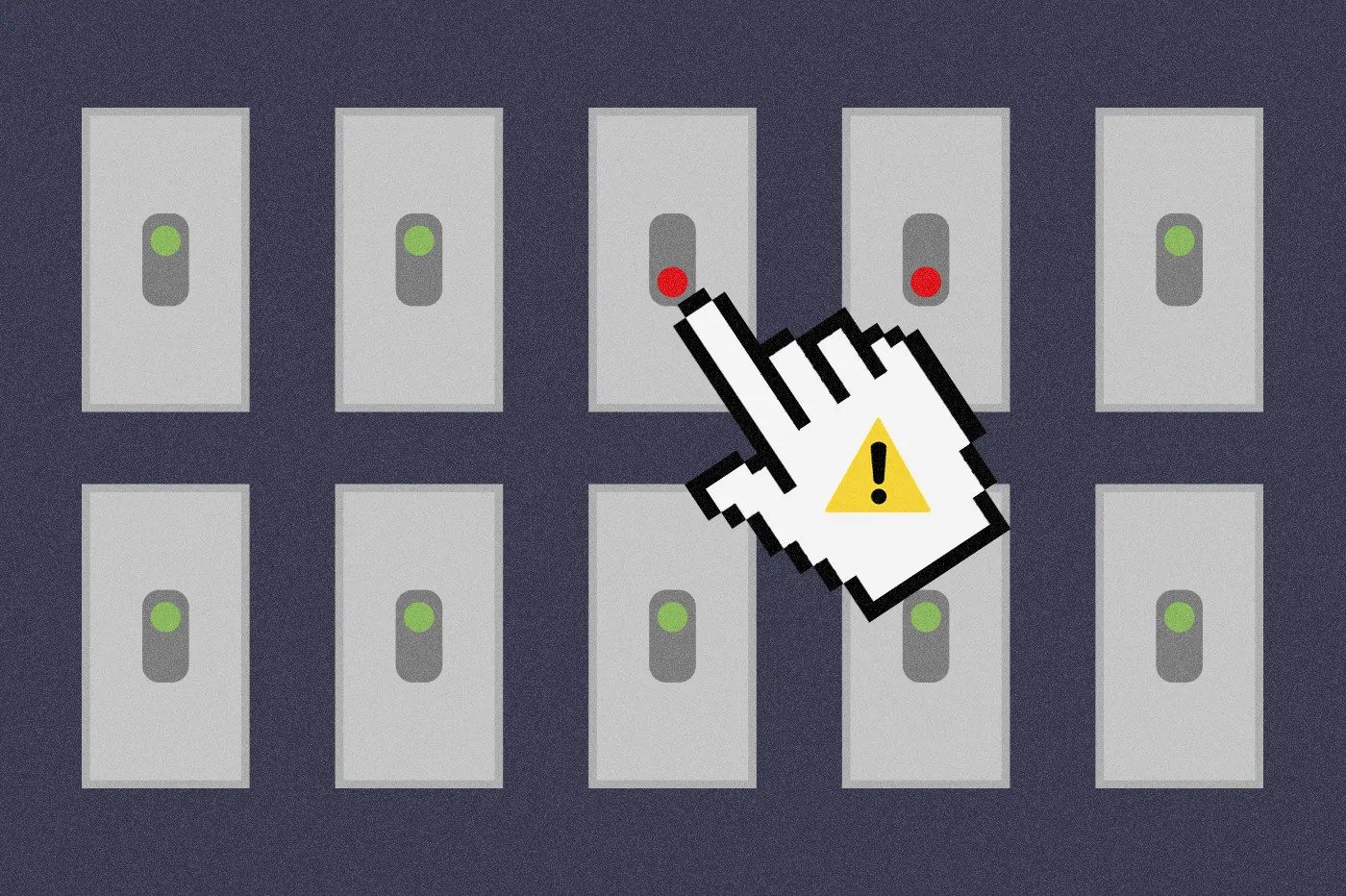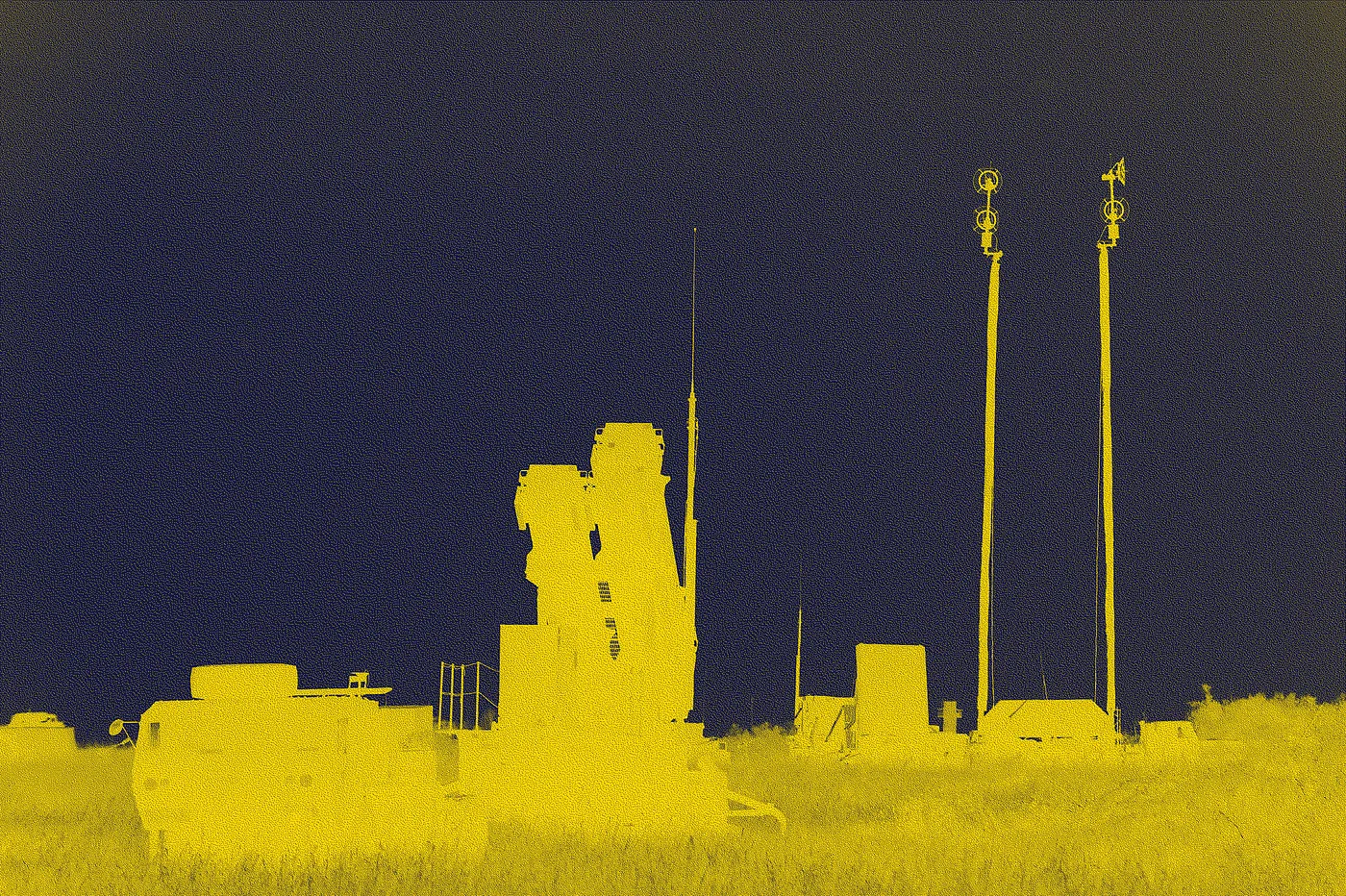Cybersecurity officials in the U.S. and Ukraine have exposed two powerful hacking tools aimed at the industrial control systems that underpin critical energy networks.
Every two years, the electricity industry runs a stress test designed to find and fix gaps in the North American grid’s cyber and physical defenses. The latest GridEx event presaged a blitz of real-world hacking threats that have kept U.S. power providers on high alert.
A government-backed push in Ukraine to get grassroots support for hacking Russia is raising legal and ethical questions.
A trove of emails from top Homeland Security officials expose how the U.S. government scrambled to ensure the defenses of American utilities after Russia brought down parts of Ukraine’s power grid in 2015.
The Biden administration is forging ahead with a scaled-back plan to regulate cybersecurity in the vast and complicated defense industry marketplace. But the halting rollout of the Cybersecurity Maturity Model Certification, or CMMC, program illustrates the perils and pitfalls of rewriting supply chain cyber rules for the defense industrial base.
Go inside one of the most technically challenging bug bounties ever with the researcher who subverted secure hardware designed by MIT and the University of Cambridge.
The WhisperGate malware masquerades as ransomware but really breaks computer files beyond repair.
The second annual Hack-A-Sat competition pits security researchers against real satellite equipment as the U.S. military rushes to address space cybersecurity risks.
A tabletop exercise tested how space industry leaders would handle a potentially devastating breach of a satellite’s ground control uplink.
The White House won’t be defining the space industry as critical infrastructure, despite mounting pressure from business and lawmakers.













